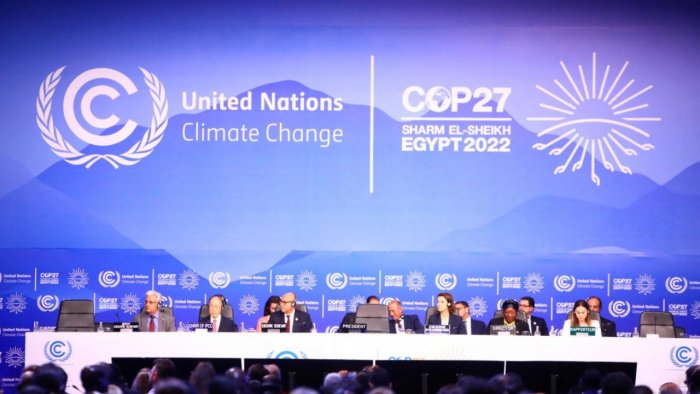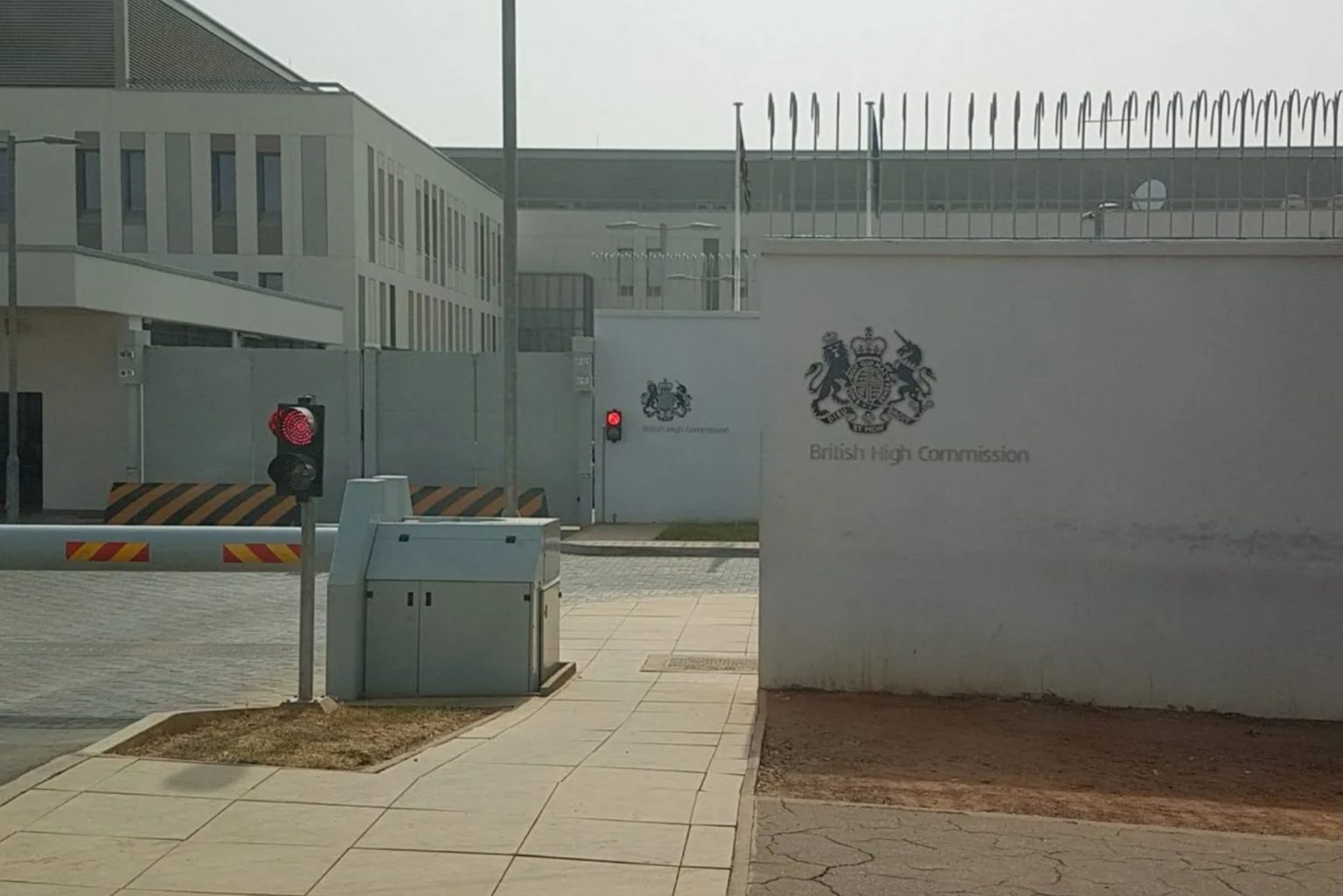
Major Events and Effects of COP27
As a prelude to our previous article explaining the COP, its history and why it is very important, particularly in view of the efforts being made to reduce global warming and ensure that the environment is made more sustainable, this article aims to shed light on some of the most important outcomes from the recently ended COP conference which held in Sheikh El Sharma in Egypt.
Talking Points From the COP 27
Despite the criticisms against the event and the seemingly unsuccessful nature of some past conferences, the following strides were made at the COP this year:
→ Establishment of a Loss and Damage Fund: In what has been wildly touted as an epoch-making moment in the move towards environmental sustainability, after years of opposition from wealthy governments, nations finally decided to establish a fund to compensate developing nations for “loss and destruction” brought on by storms, floods, droughts, and wildfires that are caused by climate change. Despite this, one bigger hill stands in the way and is a constant source of worry to the observers; how these funds will be supplied, and all of the intricacies that will surround its operation and deployment. It is believed that this will take an even longer time to be agreed upon.
→ Brazil’s New Leader and Dedication: Luiz Ignacio Lula Da Silva, the new president of Brazil, was without a doubt the COP’s favourite. Lula energized the meeting with his pledge to end deforestation entirely by 2030, just as he had done in Copenhagen in 2009. More than his dedication to the Amazon, Lula revived public confidence in the ability of the voting booth to address the climate crisis. Also, Brazil launched a partnership to work together on forest preservation at the same time as Indonesia and the Democratic Republic of the Congo. The trilateral partnership was created during ten years of intermittent discussions that persisted even as the national forest policies and leadership of the countries changed. They are intended to compel wealthy countries to pay for the protection of forests.
→ Fossil-fuel Nations/ Backers Are More Confident: In what appeared to leave a sore taste in the mouth of climate change activists and most observers, was the overwhelming presence of both fossil fuel countries and delegates at the conference, some, reportedly to strike up lucrative fossil fuel-related deals. Also, the discussion of fossil fuels was contentious since it was overshadowed by the suffering of fuel importers from underdeveloped countries and initiatives in Europe to substitute Russian gas. Despite requests from India, the US, the EU, and the UK, the language, which for the first time only last year called for expediting the “phasedown of unabated coal” use, was not expanded to include oil and gas. Additionally, the inclusion of “low emission” energy alongside renewable sources of energy seemed to give gas use a pass. This is seen as counter-intuitive due to the fact that extracting and burning oil and gas accounts for 40% of all yearly greenhouse gas emissions (GHGs).
As can be seen, while relative progress has been made in the achievement of the goal of Net Zero by 2050, much more still needs to be done to ensure that the target is met and that our planet is rescued from the grip of human destruction and devastation. Hence, in the midst of all of this, our commitment to providing you with a clean and renewable source of energy in the form of solar energy remains unwavering. Beyond that, we are also dedicated to ensuring affordability as we provide you with our top-notch services. The question remains as to whether you are willing to help in the fight against global warming.







